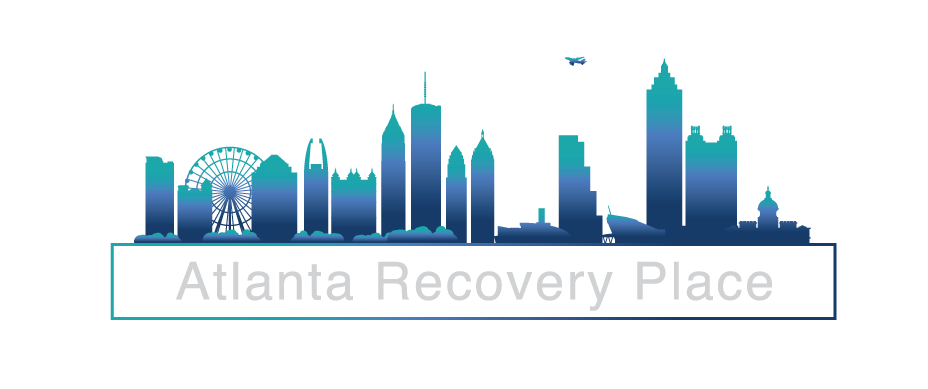Life after rehab comes with excitement and challenges, symbolizing the start of a new journey. For those recovering from addiction, maintaining sobriety post-rehab is a step in taking back control of their lives.
This piece delves into the challenges along the path to recovery, highlighting tips on how to stay sober after rehab, the significance of aftercare treatment, and strategies for handling setbacks or relapses along the way.
Maintaining Sobriety Post-Rehab
The period following drug rehab brings forth hurdles, with one of the toughest being the task of remaining sober. Building a support system is vital in this task. Peer support groups like Alcoholics Anonymous or Narcotics Anonymous provide a sense of camaraderie and empathy that can be priceless during times of struggle. Moreover, involving family members in your recovery promotes open communication and strengthens familial bonds, creating a nurturing environment conducive to sobriety.
Equally important is developing coping mechanisms to sustain sobriety in life after drug rehab. Individuals can reduce their risk of relapse by recognizing triggers and implementing prevention strategies. Engaging in hobbies or physical activities offers a channel for pent-up emotions and energy, lowering the chances of giving in to cravings.
Establishing an organized schedule is crucial for staying sober. Keeping a schedule promotes stability, and following a set timetable reduces free time, which can lead to potential temptations. Including self-care habits, like getting proper rest and eating well, helps support both mental wellbeing and strengthen one’s ability to face life’s obstacles post-rehab.
Continuing Care
Although finishing a drug rehab program marks a momentous step on the road to recovery, it doesn’t end there. It’s crucial to continue with aftercare treatment to prevent relapse and maintain lasting sobriety. For example, one-on-one therapy sessions allow individuals to delve into underlying issues and develop personalized coping strategies tailored to their needs.
Another option is group therapy, which provides community and support, reassuring individuals that they’re not facing their challenges alone. Sharing personal experiences and gaining insights from others’ journeys foster empathy and solidarity, strengthening one’s dedication to staying sober. Exploring holistic therapies like meditation or yoga can complement more traditional treatments, supporting the overall well-being of the mind, body, and soul.
For some individuals struggling with alcohol addiction, medication-assisted treatment options might be beneficial. With guidance from healthcare professionals, medications such as methadone or buprenorphine can help reduce cravings and withdrawal symptoms, easing the transition into life post-rehab.
Dealing with Setbacks in Recovery
Even when you put in the effort, setbacks can happen on the path to healing. It’s important to differentiate between lapses and relapses and handle each situation with kindness and strength. A lapse is a slip characterized by a return to substance use, while a relapse signifies a more extended and significant regression in your journey to recovery.
Recognizing the warning signs of relapse is crucial in lessening their impact and preventing relapses. Emotional triggers like stress or feelings of isolation and behavioral habits such as reconnecting with old friends who still use substances can serve as red flags for imminent danger. By spotting these signals, individuals can take proactive steps and utilize coping mechanisms to navigate challenging moments of temptation.
In times of lapses or relapses, seeking support from others is crucial. Whether it’s opening up to a trusted companion, participating in a support group gathering, or reaching out for assistance, connecting with individuals who comprehend the struggles of life post-rehab can offer comfort and direction. Reviewing your treatment plan with experts and identifying any areas requiring modifications or additional assistance is vital.
Dealing with addiction involves navigating through a layered illness, where facing setbacks is a natural part of the journey toward recovery. Letting shame or guilt take over is crucial for individuals to embrace acceptance and inner strength, seeing every obstacle as a chance to evolve and gain wisdom.
Atlanta Recovery Place: Assisting Individuals Post-Rehab in Atlanta
For those transitioning back to everyday life post-rehab in Atlanta, Atlanta Recovery Place offers a range of resources and support services tailored to suit the needs of individuals in recovery. Built on the values of empathy, dignity, and empowerment, our Georgia addiction recovery center is dedicated to aiding individuals in reclaiming their lives and thriving in sobriety.
At Atlanta Recovery Place, individuals can access counseling services, including one-on-one therapy, group therapy, and family therapy in Georgia. These sessions create a nurturing space for individuals to address issues, develop coping mechanisms, and strengthen relationships with others.
Moreover, Atlanta Recovery Place provides aftercare planning and relapse prevention programs that offer support and guidance as individuals navigate life post-rehab. These programs include assistance with relapse prevention strategies, training opportunities, and help with job placements—all geared toward empowering individuals to lead fulfilling lives from addiction.Life after rehab is a path marked by victories and challenges. By understanding how to maintain sobriety post-rehab, recognizing the significance of treatment, and adopting coping strategies for setbacks or relapses, individuals can confidently navigate the journey toward recovery with strength and resilience. Atlanta Recovery Place is prepared to assist individuals on this journey, offering various resources and services to empower them to reclaim their lives and flourish. Through perseverance, encouragement, and prioritizing self-care, individuals can embrace the hope of a tomorrow liberated from addiction. Contact a treatment specialist at Atlanta Recovery Place today.





